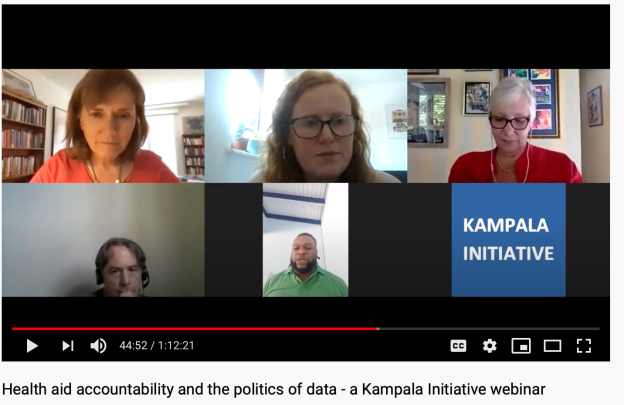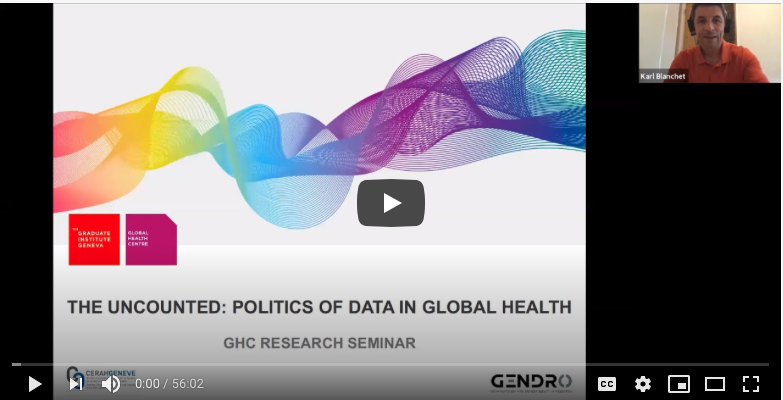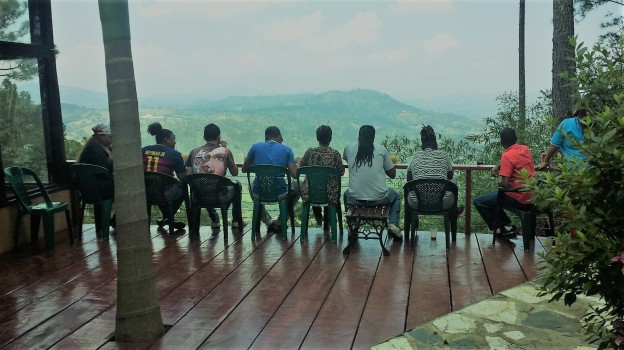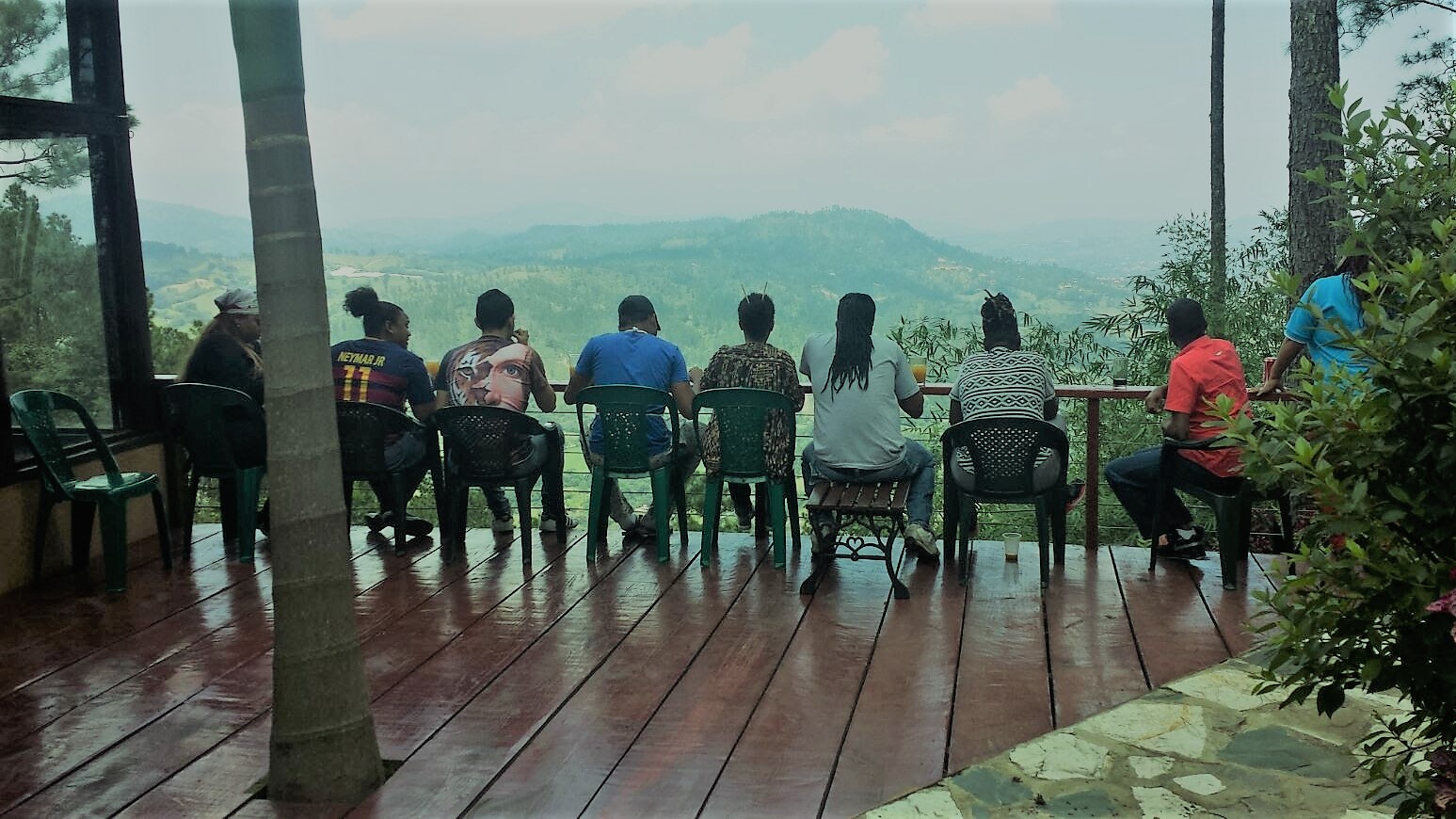I was sorry to see recently that the site of African Men for Sexual Health and Rights (AMSHeR) is down, along with their 2016 report: African key populations’ engagement with global health financing institutions: A rapid review, one of my favorite past projects as a consultant. I’m sharing here to keep it online.
The study assessed the experience of sex workers, men who have sex with men, people who use drugs and transgender people in Africa with consultations for the Global Fund, UNAIDS and PEPFAR. An online survey had 99 respondents from 25 African countries, and I spoke with key populations representatives in Cameroon, Kenya, Malawi, Nigeria, Uganda, and Tanzania, as well as a focus group in Malawi. The report was cosponsored and co-authored by AMSHeR, the Africa Sex Workers Alliance, Gender DynamiX, and Transbantu Association Zambia.
- 42 percent of key populations who responded had been consulted on national HIV strategic plans, 33 percent on Global Fund funding requests, and 19 percent on PEPFAR operational plans
- Many complained that consultation was cursory and tokenistic, and few had seen the final plans or budgets to verify whether their input was included
- Participation was complex, time-consuming, and unfunded — it often involved taking time off from day jobs, or travel at the respondent’s own expense
- Some described retaliation or threats from key actors in their countries if they criticized performance of existing programmes
- Despite the challenges, most expressed determination to continue to engage, in order to press for meaningful change.
As we think about future development of mechanisms to manage funds for the Covid-19 response, what works and what does not, it’s important to hear and reflect on these voices. The report includes recommendations, which the report partners discussed in depth with the Global Fund, UNAIDS and PEPFAR at the time.
More broadly, perhaps we should think about a community HIV archive to save reports like these from vanishing…










 I can’t quite believe this is finally happening, but…my new book,
I can’t quite believe this is finally happening, but…my new book, 




 Last month I got to join this great online webinar, “The Global Fund, Governance and Public Health”, with AIDS-activist-turned-prof
Last month I got to join this great online webinar, “The Global Fund, Governance and Public Health”, with AIDS-activist-turned-prof